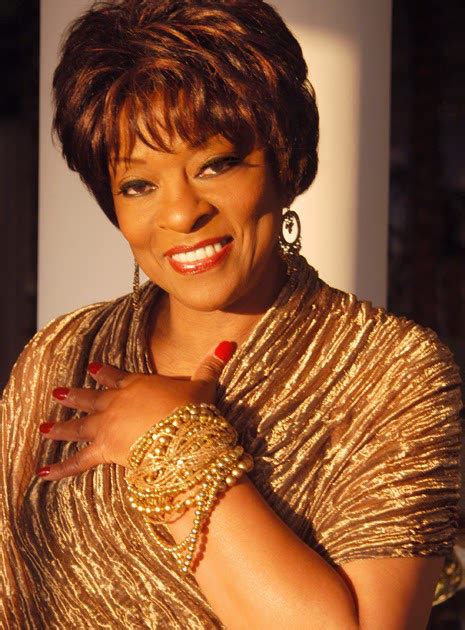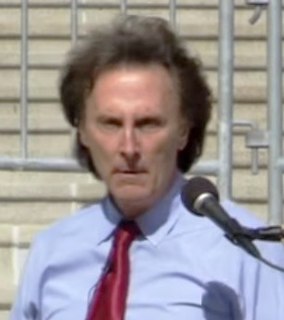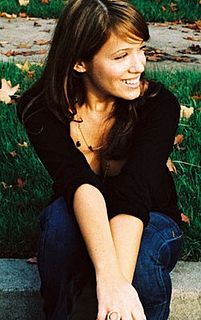A Quote by P. J. O'Rourke
There's a current notion that you should "take charge of your disease." No thanks. I'm busy. I've got cancer. I'm willing to face having cancer. I'm not willing to face having cancer with homework. I promised Dr. Pipas and Dr. Zaki that I wouldn't show up with sheaves of printouts from the Internet containing everything on Wikipedia on malignancies. They each laughed with detectable notes of relief. Although I suspect my wife has made her way into the health blog ether. Fish oil pills, raw kelp, and other untoward substances started showing up on dinner plates after I was diagnosed.
Quote Topics
After
Although
Blog
Busy
Cancer
Charge
Containing
Current
Diagnosed
Dinner
Dinner Plates
Disease
Dr
Each
Ether
Everything
Face
Fish
Got
Having
Health
Her
Homework
Internet
Laughed
Made
My Wife
Notes
Notion
Oil
Other
Pills
Plates
Promised
Raw
Relief
Should
Show
Showing
Showing Up
Started
Substances
Suspect
Take
Thanks
Up
Way
Wife
Wikipedia
Willing
Your
Related Quotes
I would tell a newly diagnosed young woman that breast cancer is a complex disease which can be frightening and confusing, and it's normal to experience these emotions, and having a good support system is important. Be an active participant in your treatment, follow your doctor's instructions and ask questions. Also, I would tell her that there have been many advances in breast cancer and women are now living much longer.
We went through the records and we found over five hundred of his patients who were alive and well five years after their treatment, with no cancer. And Dr. Burton didn't selectively give us these. These were "take what you want. Here are the patients I treated." So there was statistical improvement - more so than any cancer institution in the United States could show.
You've got to get away from the idea cancer is a disease to be cured. It's not a disease really. The cancer cell is your own body, your own cells, just misbehaving and going a bit wrong, and you don't have to cure cancer. You don't have to get rid of all those cells. Most people have cancer cells swirling around inside them all the time and mostly they don't do any harm, so what we want to do is prevent the cancer from gaining control. We just want to keep it in check for long enough that people die of something else.
































